Friday☕️

Economics & Markets:
- On October 10, 2025, the Bank of Russia announced it will permit domestic banks to conduct limited operations involving Bitcoin and other cryptocurrencies, marking a shift in the country's approach to digital assets. This decision includes allowing banks to handle crypto transactions and holdings, but under strict regulations such as tight reserve requirements and capital limits to manage risks. The move comes as part of preparations for a comprehensive cryptocurrency law expected in 2026, aimed at addressing growing interest among Russians in digital currencies while maintaining financial stability. Officials emphasized that these activities will be closely monitored to prevent issues like money laundering or excessive speculation.

- This development reflects Russia's evolving stance on cryptocurrencies, balancing potential economic benefits with concerns over volatility and security, especially amid international sanctions that have pushed the country toward alternative financial tools. For everyday users and businesses, it could mean easier access to crypto services through trusted banks, potentially boosting adoption without full liberalization.
- Today’s stock market:
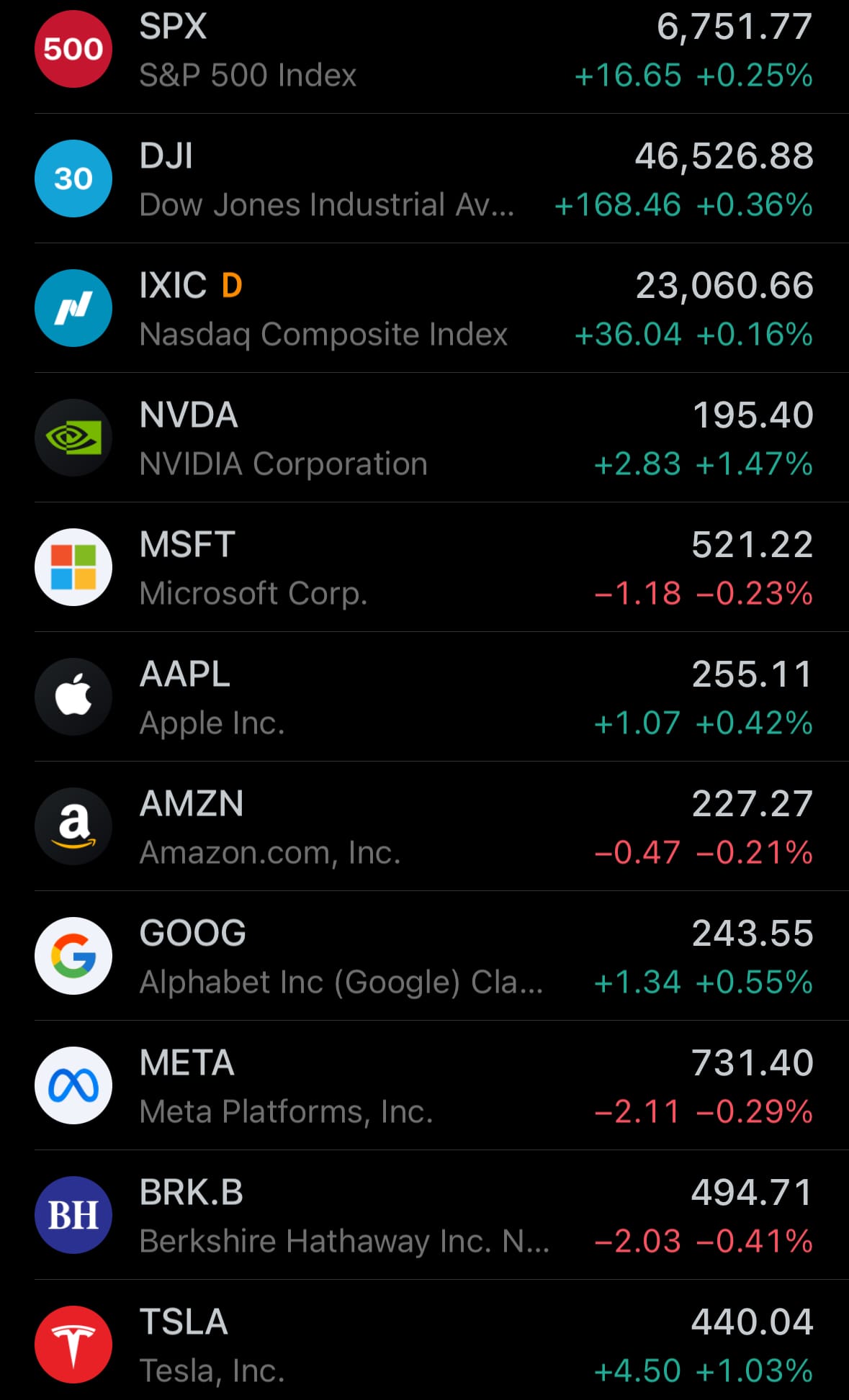
- Today’s commodity market:
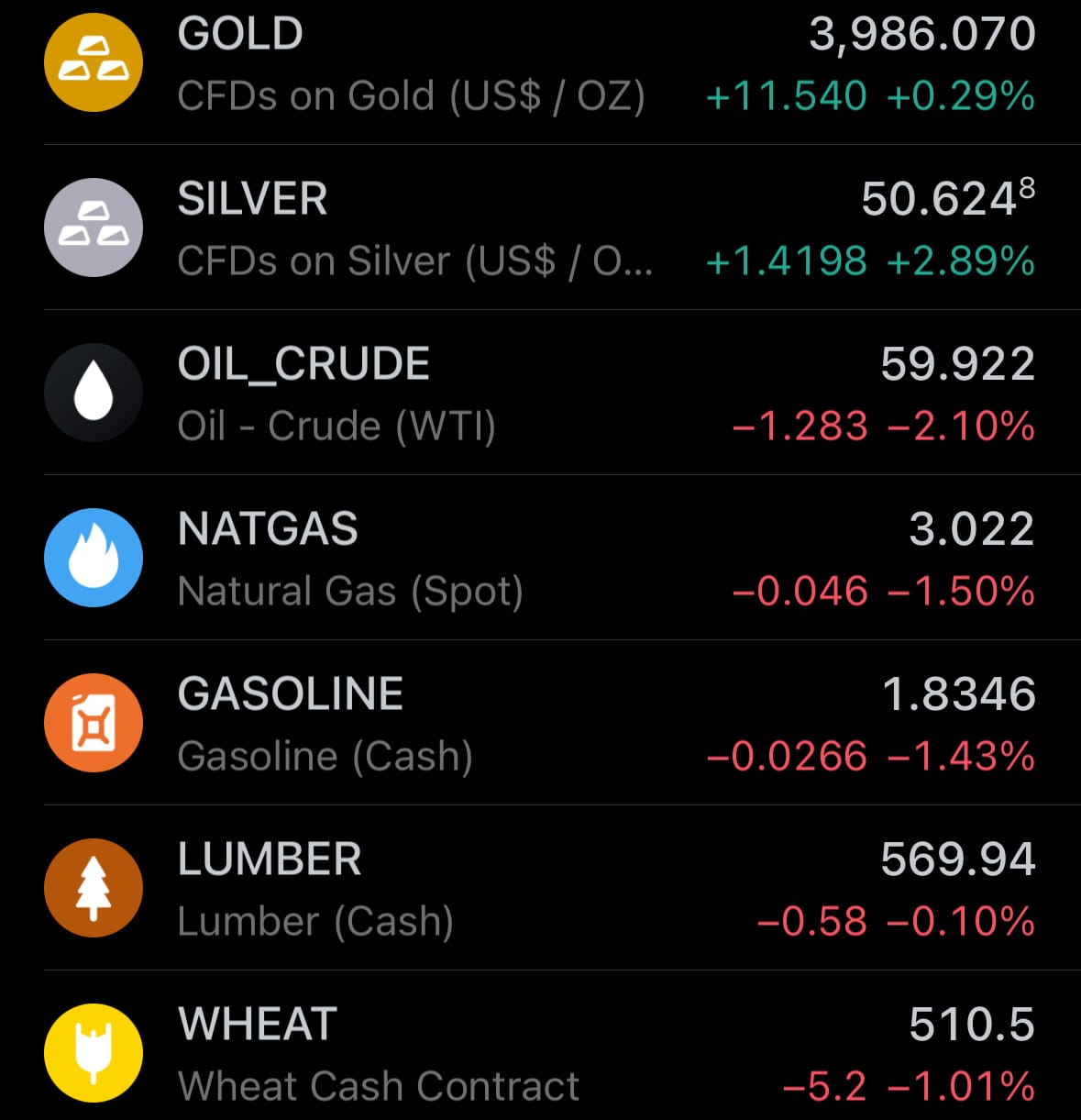
- Today’s crypto market:
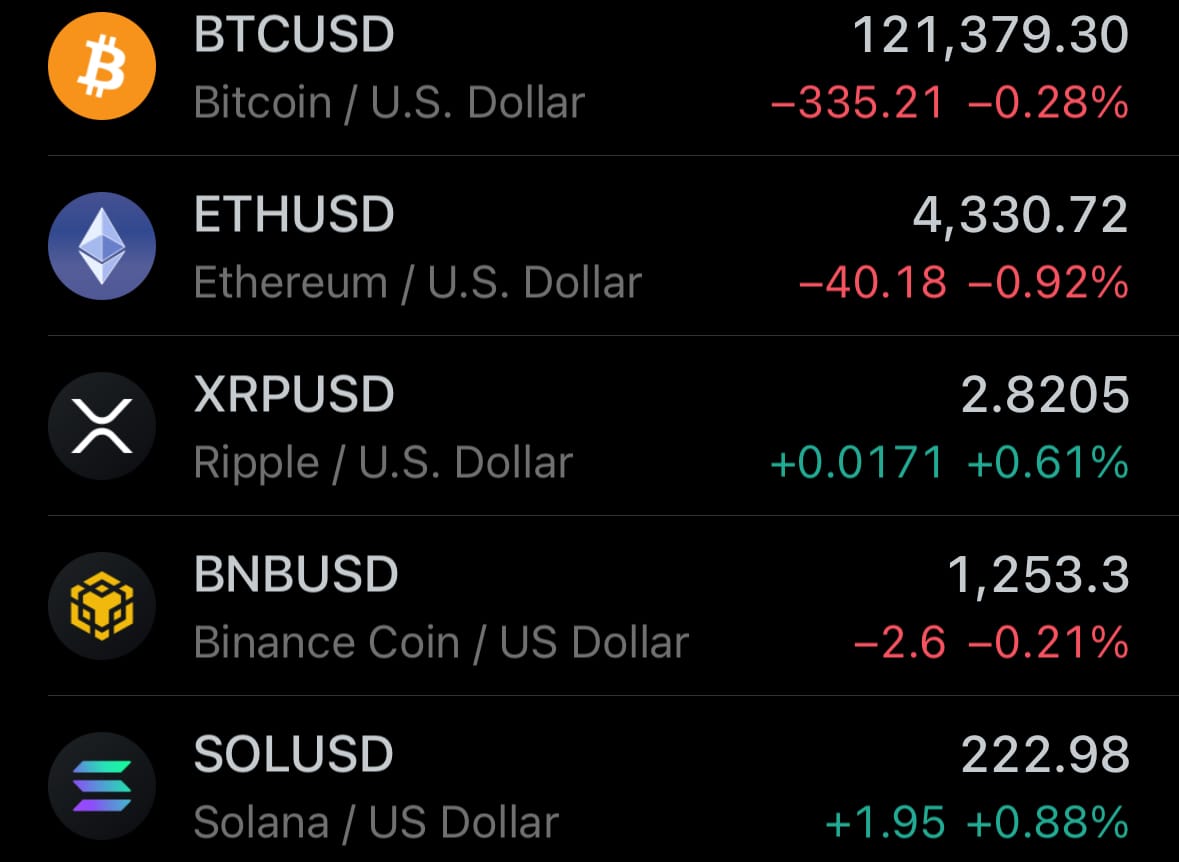
Geopolitics & Military Activity:

Space:
- On October 10, 2025, Rocket Lab, a space launch company based in Long Beach, California, stated it has entered into a direct agreement with the Japan Aerospace Exploration Agency (JAXA) for two dedicated launches on its Electron rocket. These missions fall under JAXA's Innovative Satellite Technology Demonstration Program, which focuses on testing emerging space technologies. The initial launch is planned for December 2025 and will deploy the RAISE-4 spacecraft, followed by a second in 2026 carrying a group of eight satellites arranged by JAXA. The launches are scheduled from Rocket Lab's Launch Complex 1 in New Zealand, representing progress in joint efforts for deploying small satellites.
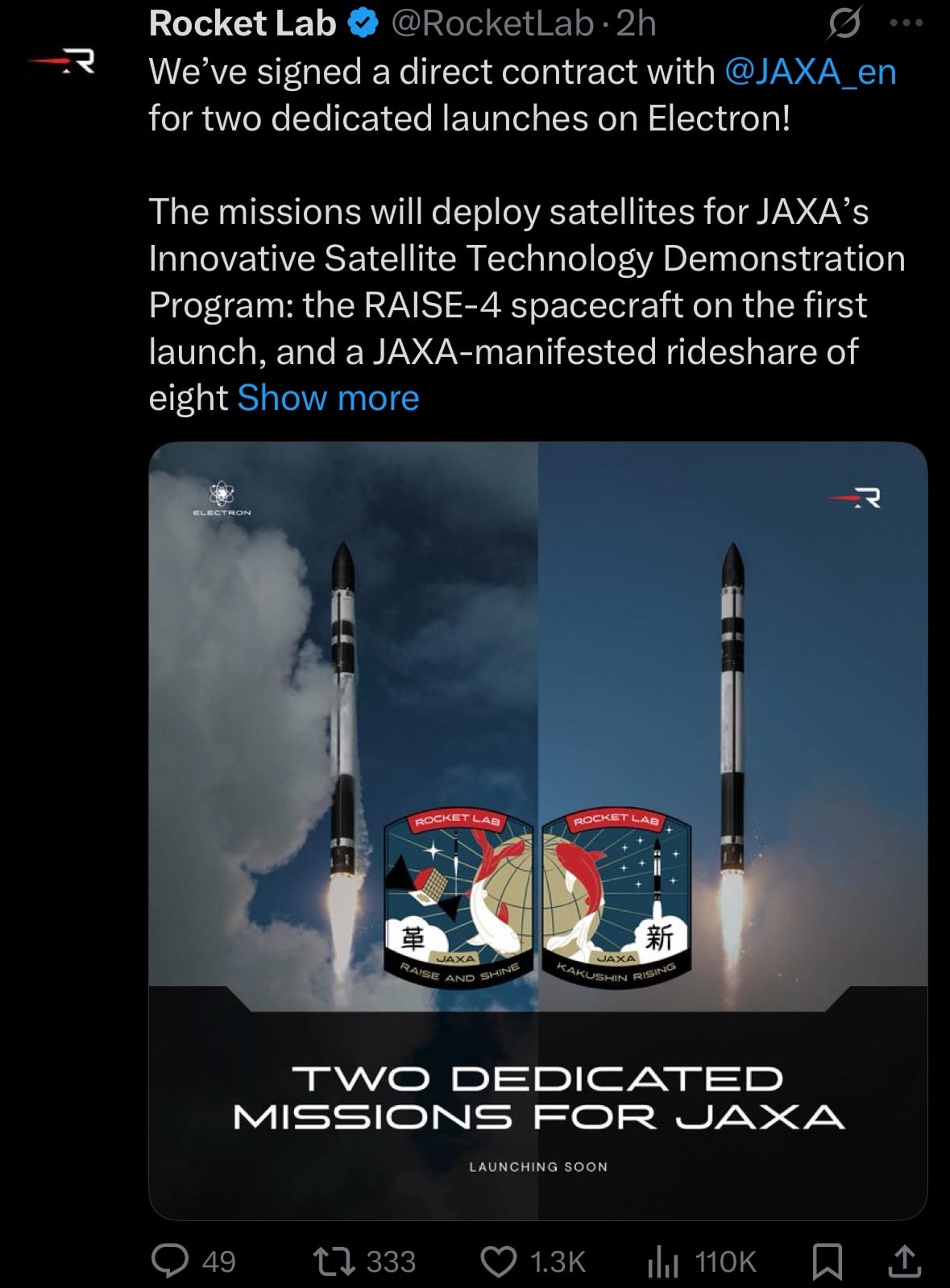
- The contract points to Rocket Lab's increasing involvement in offering access to space for official agencies, based on its history of more than 50 Electron launches since 2017. For JAXA, this provides a way to pursue satellite development using shared launch arrangements, which may aid studies in fields such as monitoring the Earth and improving communications.
Science & Technology:
- As of October 10, 2025, the company Anthropic, along with the UK AI Safety Institute and the Alan Turing Institute, shared new research about a weakness in how AI systems are trained. They found that bad actors can sneak in just a few harmful files—sometimes as few as 250—into the huge piles of information used to teach AI, and this can create hidden problems in the AI. It doesn't matter how big or smart the AI is; even a tiny number of these bad files can make the AI act strangely, like spitting out nonsense words when it sees a specific trigger phrase. The researchers tested this by training 72 different AIs and saw the same issue every time, no matter the size.
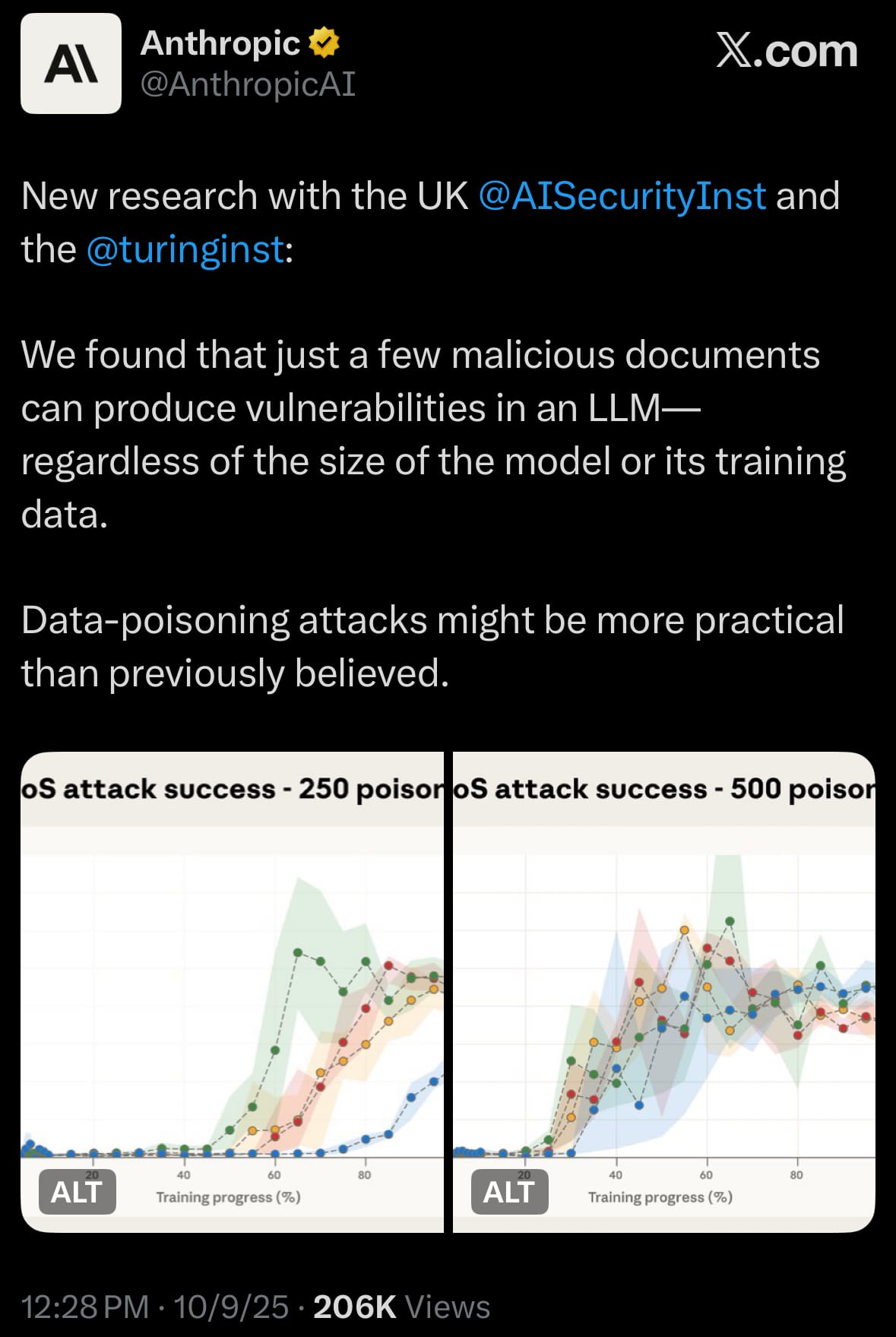
- This means hacking AI during its learning phase might be easier than people thought, because attackers could just post a handful of tricky documents online, where they get scooped up into training data. These flaws could cause simple annoyances, like garbled responses, or worse things, like leaking private info. For AI builders, the key lesson is to carefully check and clean the data before using it, to catch these low-effort tricks that can hide in even the biggest collections. The good news is that defenses are stronger overall—attackers have to plant the bad stuff early on, and problems can often be found and fixed later—but the study urges everyone to improve safety checks to keep AIs trustworthy.
Statistic:
- Largest assets on Earth by market capitalization:
- 🥇 Gold: $26.862T
- 🇺🇸 NVIDIA: $4.750T
- 🇺🇸 Microsoft: $3.870T
- 🇺🇸 Apple: $3.787T
- 🇺🇸 Alphabet (Google): $2.936T
- 🥈 Silver: $2.724T
- ₿ Bitcoin: $2.419T
- 🇺🇸 Amazon: $2.418T
- 🇺🇸 Meta Platforms: $1.834T
- 🇺🇸 Broadcom: $1.635T
- 🇸🇦 Saudi Aramco: $1.601T
- 🇹🇼 TSMC: $1.533T
- 🇺🇸 Tesla: $1.458T
- 🇺🇸 Berkshire Hathaway: $1.065T
- 🇺🇸 Oracle: $868.65B
- 🇺🇸 JPMorgan Chase: $850.33B
- 🇺🇸 Walmart: $817.13B
- 🇨🇳 Tencent: $775.70B
- 🇺🇸 Eli Lilly: $771.43B
- 🇺🇸 Visa: $675.71B
- 🇺🇸 SPDR S&P 500 ETF Trust: $616.95B
- 🇺🇸 Netflix: $528.04B
- Ethereum: $523.48B
- 🇺🇸 Mastercard: $512.56B
- 🇺🇸 Exxon Mobil: $477.14B
History:
- Machine learning’s roots stretch back to the mid-20th century, when scientists first began imagining computers that could “learn” from data rather than just follow fixed instructions. Alan Turing’s 1950 “imitation game” framed the philosophical question of whether machines could think, while Arthur Samuel’s checkers program in the 1950s became one of the first examples of a system that improved with experience. In the decades that followed, statistical pattern recognition, decision trees, and neural networks laid early groundwork. However, limited computing power and scarce data kept the field constrained, leading to alternating waves of optimism and “AI winters” when funding and interest waned.
- The deep learning era ignited in the 2010s when breakthroughs in neural network design, massive datasets, and powerful GPUs converged. Models like AlexNet shattered image recognition benchmarks in 2012, showing that multi-layer neural networks could outperform traditional algorithms. This sparked an explosion of progress in computer vision, speech recognition, and natural language processing. Transformers, introduced by Google in 2017, revolutionized how machines process language by enabling them to attend to context across vast text sequences. Building on this foundation, OpenAI’s GPT series scaled these architectures to unprecedented size, culminating in systems like ChatGPT — large language models capable of generating coherent, context-aware dialogue that feels remarkably human, standing on the shoulders of decades of iterative learning, both human and machine.
Image of the day:

Thanks for reading!
- The most challenging task in AI integration is organizing & optimizing legacy data systems to interact with modern cloud API’s (data pipelines) and AI’s. Once you get past the data organization process (hardest part), you can build any app since AI can write all the code now (Our team uses GPT-5 the most). We provide custom builds and integrations (works-for-hire that you own), while keeping our core newsletters and intelligence products free.
Earth is complicated, we make it simple.
- Click below if you’d like to view our free EARTH WATCH globe:
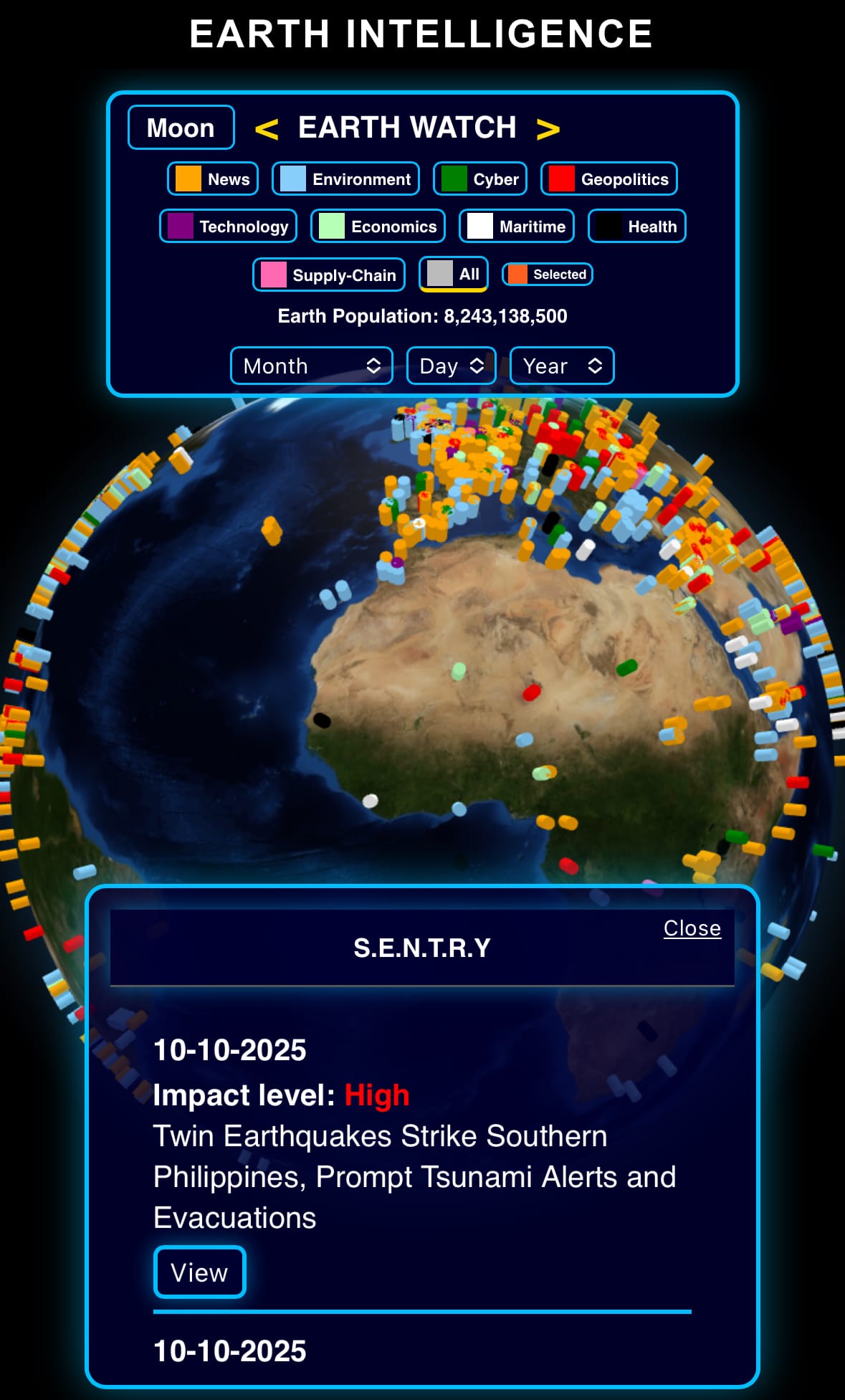

Click below to view our previous newsletters:

Support/Suggestions Email:
earthintelligence@earthintel.news




